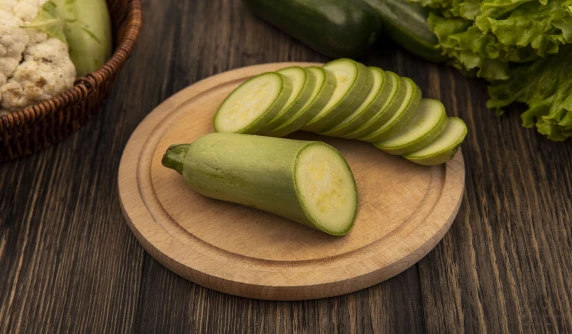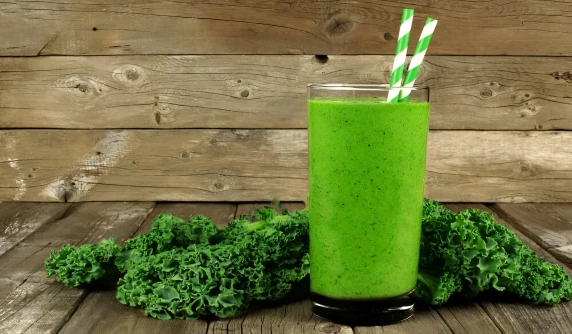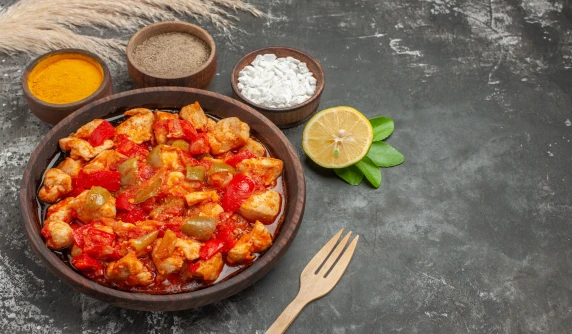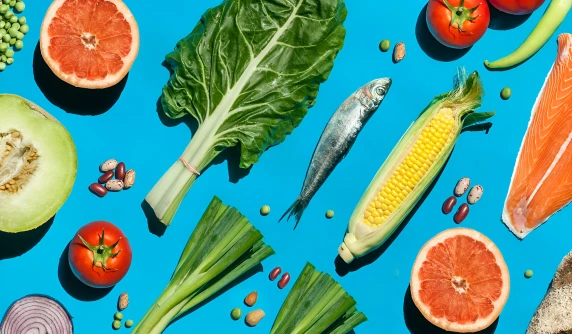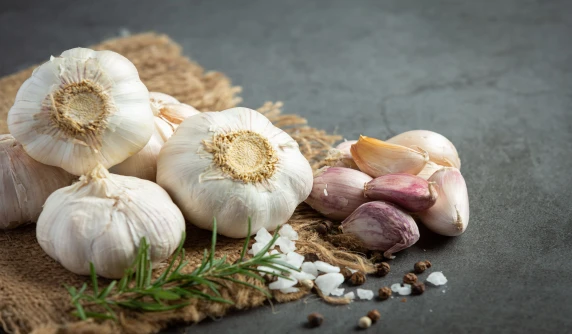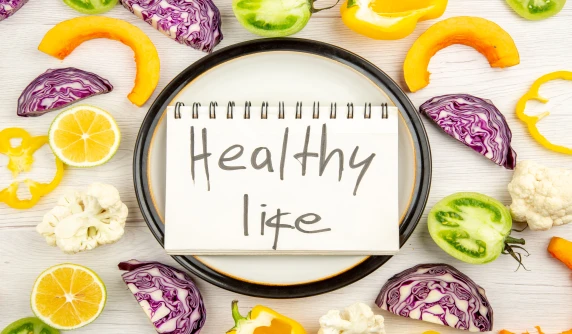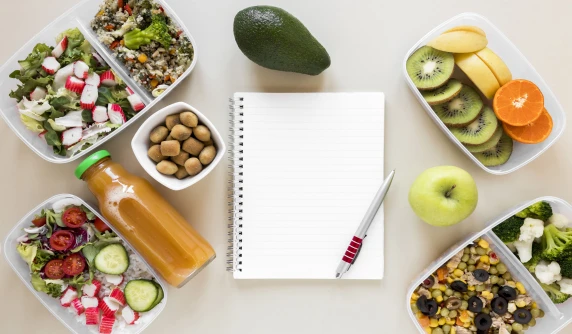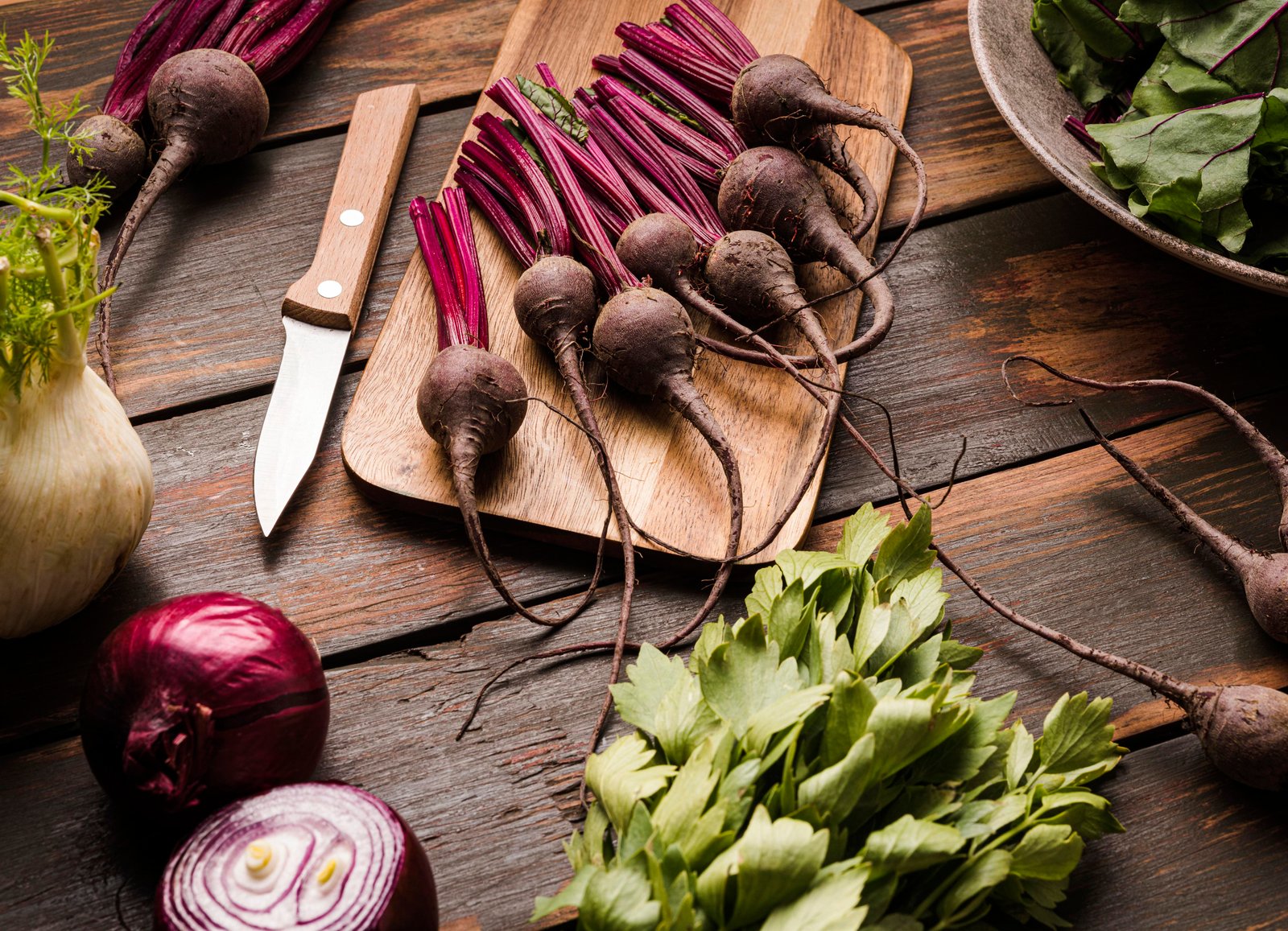
Benefits of beets: Why the heart-healthy vegetable reduces inflammation
Roasted or juiced, beets are a heart-healthy vegetable that provides antioxidants that lower blood pressure and prevent inflammation.
Beets give a welcome earthy flavor and beautiful color to any winter recipe. They are affordable, adaptable, and filling—you can even consume the greens to cut down on food waste.
Research has connected beets to lowering blood pressure, improving athletic performance, lowering inflammation, and potentially even treating cancer. Beets are rich in fiber, antioxidants, and vitamins and minerals.
Let's explore beetroots in more detail, including nutritional information, health advantages, and simple dishes to attempt.
Beets nutrition facts
A cup of beets contains:
-
59 calories
-
2 grams protein
-
13 grams carbohydrates
-
4 grams fiber (14% daily value)
The health benefits of beets
Beets are rich in fiber and also contain calcium, iron, potassium, vitamin C, and magnesium. Moreover, they include betalians and nitrates, two unique substances that reduce inflammation.
It has been demonstrated that these phytonutrients—beneficial plant compounds—fight detrimental oxidative stress in the body and may be useful in the treatment of cancer and cardiovascular disease.
Dietary nitrates' function in blood pressure regulation is covered in a review published in the journal Food Science & Nutrition in 2021. Following consumption, nitrates are transformed by the body into nitric oxide, a powerful vasodilator that widens blood vessels and encourages blood flow throughout the body. Less pressure builds up in the arteries as a result of this increase in blood flow.
A rich source of nitrates, beetroot juice has been investigated for its potential to decrease blood pressure. According to a study of seven trials, beetroot juice nitrate lowers hypertensive patients' systolic blood pressure.
To put it another way, beetroot juice is a cheap and efficient method of lowering blood pressure. Additionally, triglycerides, another risk factor for heart disease, can be lowered by betalains and nitrates found in beets.
It's interesting to note that beets' antioxidant properties may aid in the treatment of malignant tumors. A drug called doxorubicin is frequently used to treat cancers, but taking too much of it can harm your heart.
However, research indicates that taking doxorubicin along with beetroot juice lessens heart damage and boosts the medication's effectiveness.
It is important to note that beetroot juice, as opposed to actual beets, is used in the majority of beet research. This is due to the fact that beet juice is an easy way to obtain a large quantity of nitrates in a single meal.
It's safe to presume that regular consumption of beets can help reduce inflammation, even though this hasn't been scientifically proven.
Beets side effects
Eating beets has no significant negative effects. They are a nutritious snack that enhances several bodily functions. You can notice a red tint to your urine or feces if you consume a lot of beets or drink beetroot juice.
There is no need to be concerned as this is very natural. Actually, the deep, rich color of the root vegetable comes from the breakdown of betalians in beets.
Oxalates are naturally occurring chemicals found in beets. The National Kidney Foundation states that consuming beets may contribute to the development of some kidney stones. This only applies to those who are at risk for calcium oxalate stones, though.
Consuming calcium along with foods high in oxalate binds and eliminates the plant chemical from the body, lowering the chance of kidney stones . Speak with your doctor if kidney stones are causing you any concern.
Beetroot juice benefits for athletes
Unbelievably, a lot of athletes use beetroot juice shots as a performance enhancer prior to a tournament. Numerous studies demonstrate that beetroot juice is a cheap, natural approach to get an edge in sports.
In a 2018 randomized controlled study, fifteen fit men with resistance training were given the option of drinking a placebo or 70 milliliters (2 ounces) of beetroot juice prior to 30-second bike sprints.
The individuals who drank the beetroot juice performed better overall and with greater force throughout their sprints.
Numerous studies have presented the trial's outcomes. The beetroot juice's nitrates enhance blood flow during exercise, allowing more oxygen to reach working muscles. This boosts power production and enhances force and contraction of the muscles.
All of the studies on beetroot juice's effects on sports performance, as opposed to beets consumption, are focused on the juice's higher nitrate content. Therefore, if you're participating in an athletic competition or running a race, consider taking a shot of concentrated beetroot juice beforehand.
Can you eat beet greens?
Beet greens are an excellent source of vitamin K and a great way to reduce food waste. The leafy tops of beets are delicious and edible, yet they are generally discarded.
Like kale or swiss chard, these robust, somewhat bitter greens are a great complement to soups, smoothies, and casseroles. Alternatively, sauté them as a nutritious side dish with some olive oil, garlic, and salt.
Beet greens provide more than 100% of your daily vitamin K and 12% of your daily vitamin C intake in just one cup. Stated differently, they support healthy bones, blood coagulation, and the immune system .
Healthy beet recipes
Beets are a great addition to smoothies, risotto, and even a simple salad since they give any meal a wonderful red hue. Here are a few of our best recipes using nutritious beets:
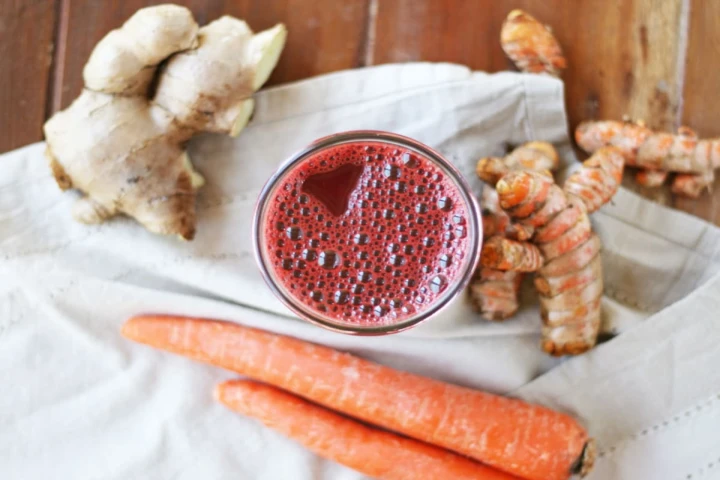
Simple Carrot Beet Ginger Juice is anti-inflammatory and high in antioxidants. raw juice, freshly squeezed, that contains carrots, beets, and the health benefits of turmeric and cayenne.
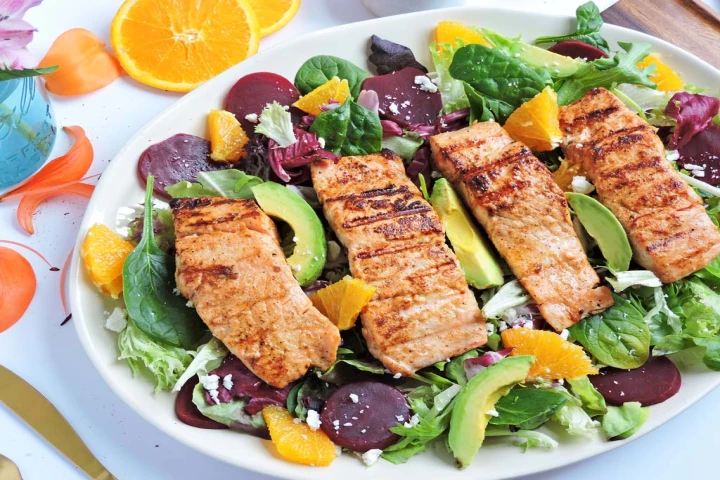
Go no farther if you're searching for a fantastic salad recipe! You'll love the light, flavorful Citrus Salmon and Beet Salad even more when you drizzle it with a Dijon Citrus Vinaigrette!

Add some beets to your next batch of homemade hummus to up the nutritional value and color. But worry not—this kid-friendly beet hummus is smooth and mild enough.

I adore this salad since it satisfies every taste and texture need for an excellent side dish. Crunchy sunflower seeds, crumbled cheese, crunchy quinoa, and soft cooked beets are all included. It has a hint of sweetness and a hint of salt, and every taste makes you want more.
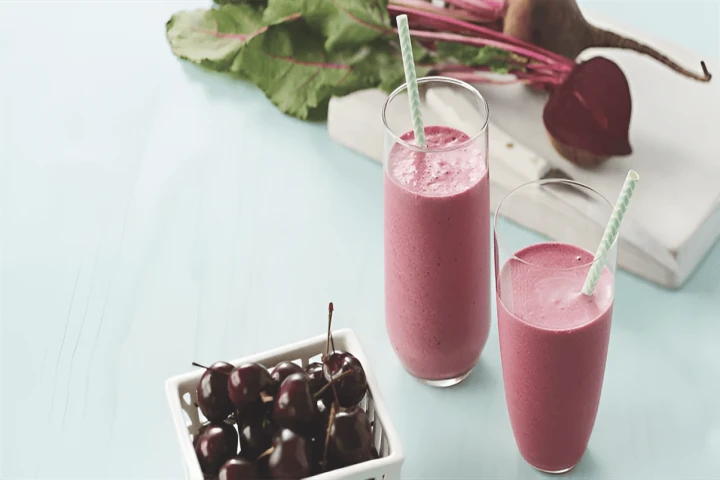
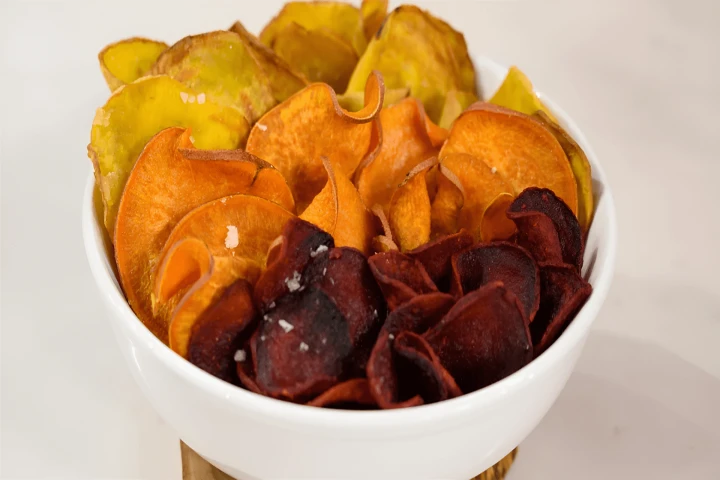
These chips are so crunchy and come in so many different flavors that I adore them. The beets and sweet potatoes are visually appealing and a delight to the taste buds.
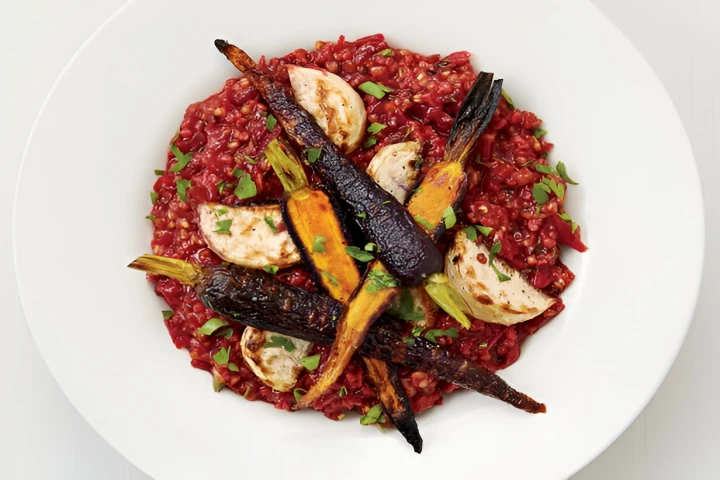
This creamy risotto gets its gorgeous color and delicate sweetness from beets. To prevent stains on hands and counters, Grace Parisi advises putting on rubber gloves and chopping the beets straight into a stainless steel dish.

In brief
The vibrant hue of beets isn't just for show. Packed with vitamins, minerals, and potent plant compounds, they offer a unique nutritional punch that benefits your cardiovascular system in several ways. And the best part? You can easily unlock their health magic with a delicious homemade beet juice recipe.
Beets boast a powerful arsenal for your heart. They're rich in nitrates, converted by your body into nitric oxide, a natural vasodilator that relaxes and widens blood vessels. This improves blood flow and potentially lowers blood pressure, a major risk factor for heart disease. Studies suggest beet juice can significantly reduce both systolic and diastolic blood pressure.
Beets are also brimming with betalains, unique antioxidants that combat free radicals and oxidative stress, protecting your cells from damage linked to heart disease and other chronic conditions. Early research even suggests beet juice may help lower LDL ("bad") cholesterol and potentially raise HDL ("good") cholesterol, further supporting a healthy heart profile.
Beyond improving overall health, beets may even enhance your athletic performance. Nitrates can increase blood flow and oxygen delivery to muscles, boosting stamina and reducing fatigue during exercise.
Source
This article information extracted from this website.
